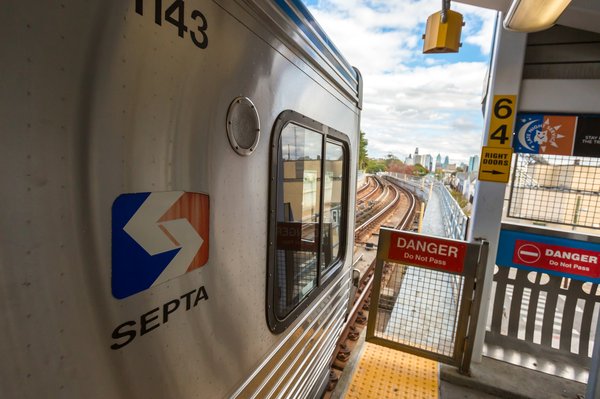SEPTA fares may be nearly 30% higher when the new year begins, and some transit routes soon may be eliminated unless the transit authority receives an influx of revenue, SEPTA officials warned Tuesday.
SEPTA already plans to increase most fares beginning Dec. 1, but another fare hike may follow Jan 1. A 20% service reduction also looms as SEPTA faces a $240 million budget deficit.
MORE: PECO will add its largest-ever solar plant to energy supply mix
If both tax increases are approved by the SEPTA board, it would cost $2.90 to ride subways, buses and trolleys regardless of payment method. Fares currently cost $2 when using the SEPTA Key and $2.50 when purchasing a Quick Trip or paying by cash.
Regional Rail fares would range from $5 to $8.75, based on the zone, up from $3.75 to $6.50. A detailed breakdown of the proposed fare hikes can be found on SEPTA's website.
SEPTA's board will vote on the December fare increase next week. That proposal would bump transit fares to $2.50 for SEPTA Key users and increase regional rail fares to $4 to $7.50, based on zone.
Public hearings for the proposed fare increase in January will be held at the Pennsylvania Convention Center on Friday, Dec. 13 at 10 a.m .and 4 p.m. They also can be attended virtually.
"Today, we stand with our feet on the edge of the fiscal cliff," SEPTA Chief Operating Officer Scott Sauer said at a press conference Tuesday morning.
SEPTA has sought state funds to help close a budget deficit aggravated by the end of federal pandemic funding. Gov. Josh Shapiro proposed adding $283 million to the state's public transportation budget, including $161 million for SEPTA, but his proposal was block by Republicans in the state Senate.
Instead, SEPTA received a one-time distribution of $46.2 million from the state budget and an additional $6.9 million from the state's five southeast counties.
The General Assembly's current session ends Nov. 14.
What services may be cut?
Beginning in early 2025, dozens of SEPTA routes may be eliminated and others may operate at lower frequencies, Sauer said. Exactly which routes will be effected has not been finalized, but Sauer said they will affect all modes of the system. The cuts also will alter SEPTA's plans to overhaul its bus network.
SEPTA projects the cuts will result in a 22% reduction in ridership and warned that buses, trains and trolleys will become overcrowded. Some people may be left without transit options.
"We want to do the opposite of what we're proposing today," Sauer said. He noted SEPTA's other efforts to increase revenue, including the return of paid parking, saying service cuts alone will not eliminate SEPTA's budget deficit. He called the proposed changes a "net loss to our society."
The proposed fare hikes and service cuts come as SEPTA is negotiating a new contract with Transit Workers Union Local 234, which includes bus, trolley and subway operators. The workers are seeking pay raises and additional safety measures, but Sauer did not provide an update on the state of negotiations.
"(The union is) fighting for a fair contract. We want to give them a fair contract," Sauer said. "Unfortunately, as it stands today, even with the fare increases and service cuts, it's going to be a very difficult process to reach some resolution on that."
SEPTA's CEO and General Manager Leslie Richards is stepping down on Nov. 29. Sauer will serve as the interim general manager upon her departure until a permanent successor is selected.

